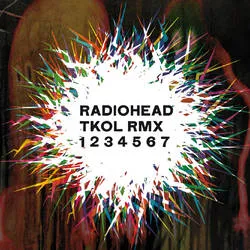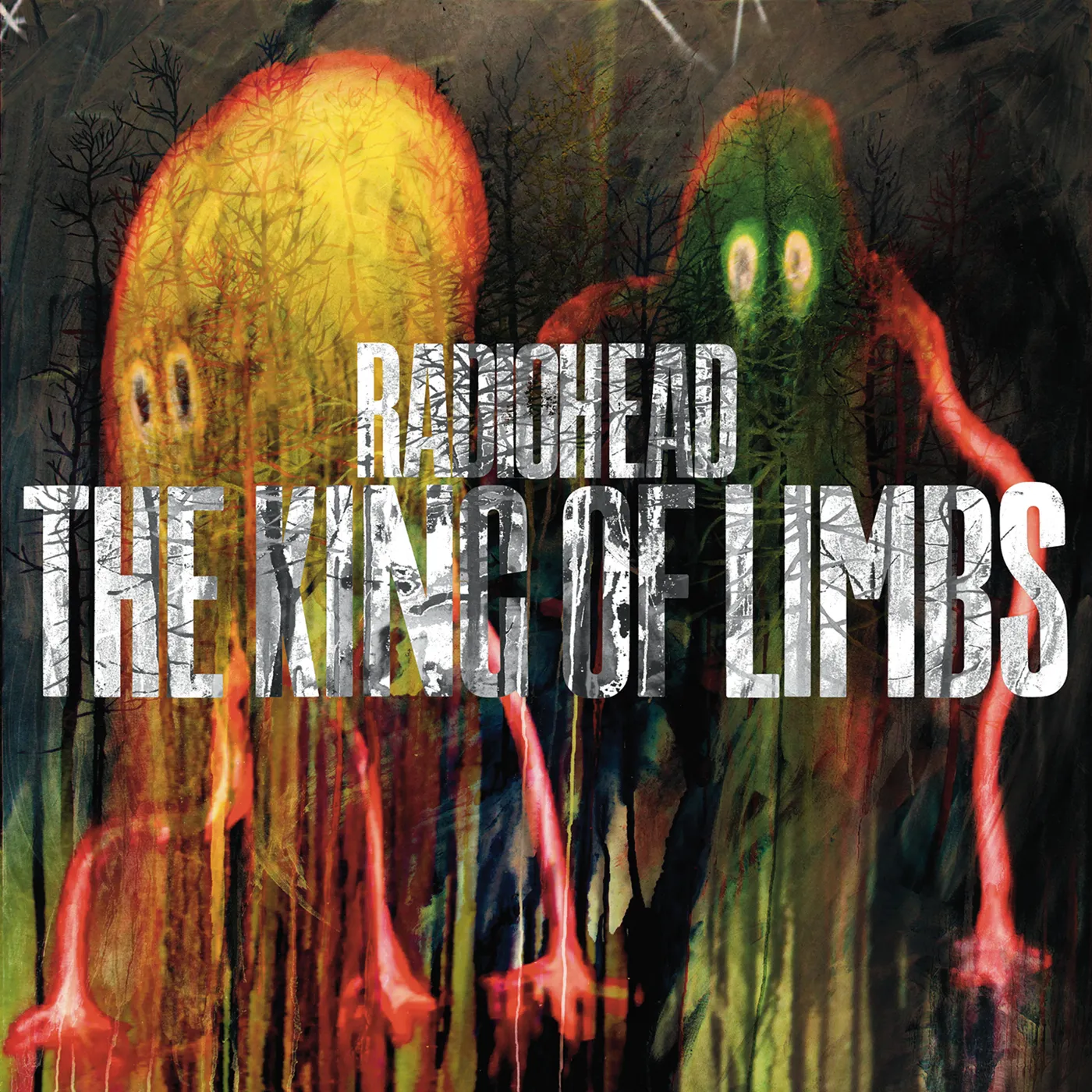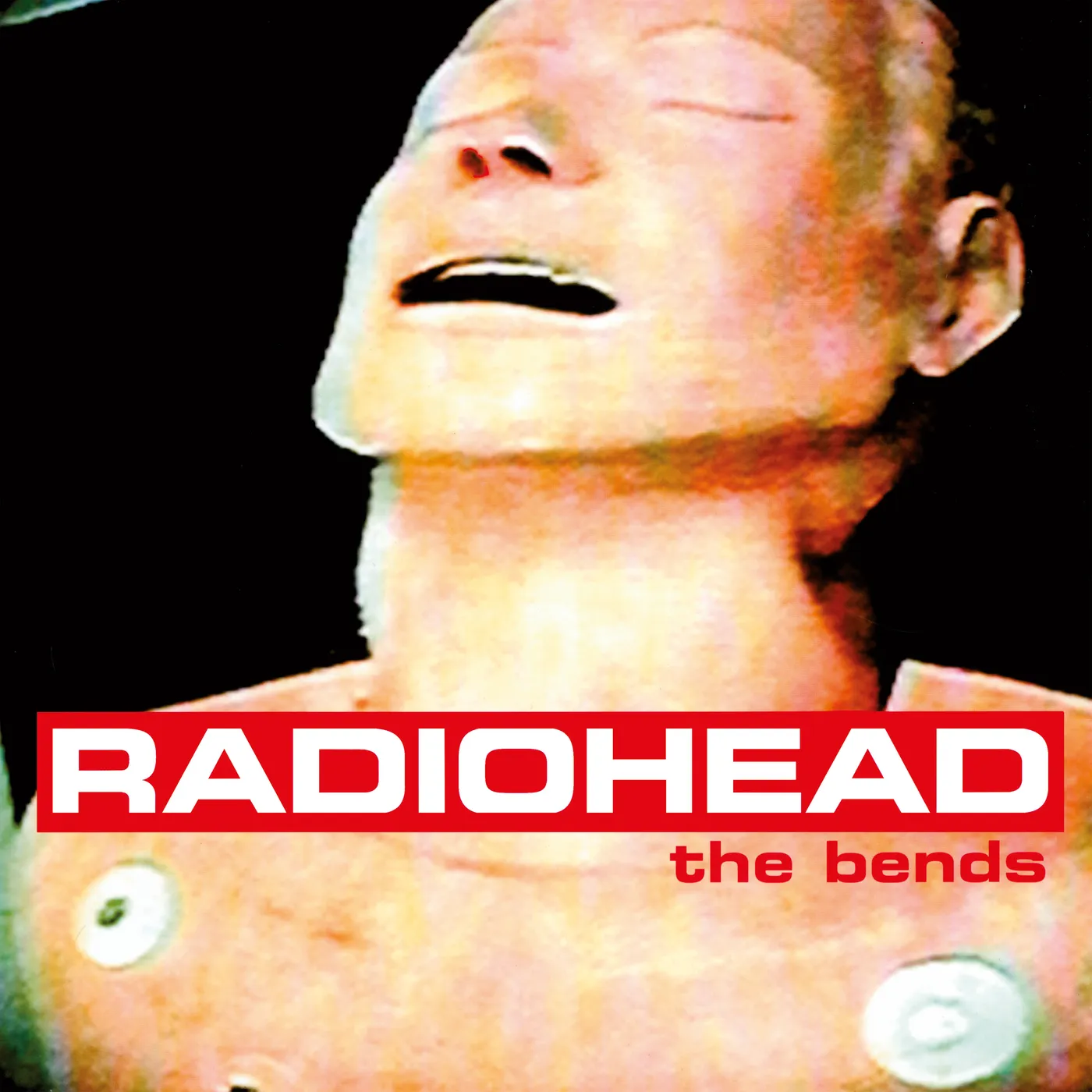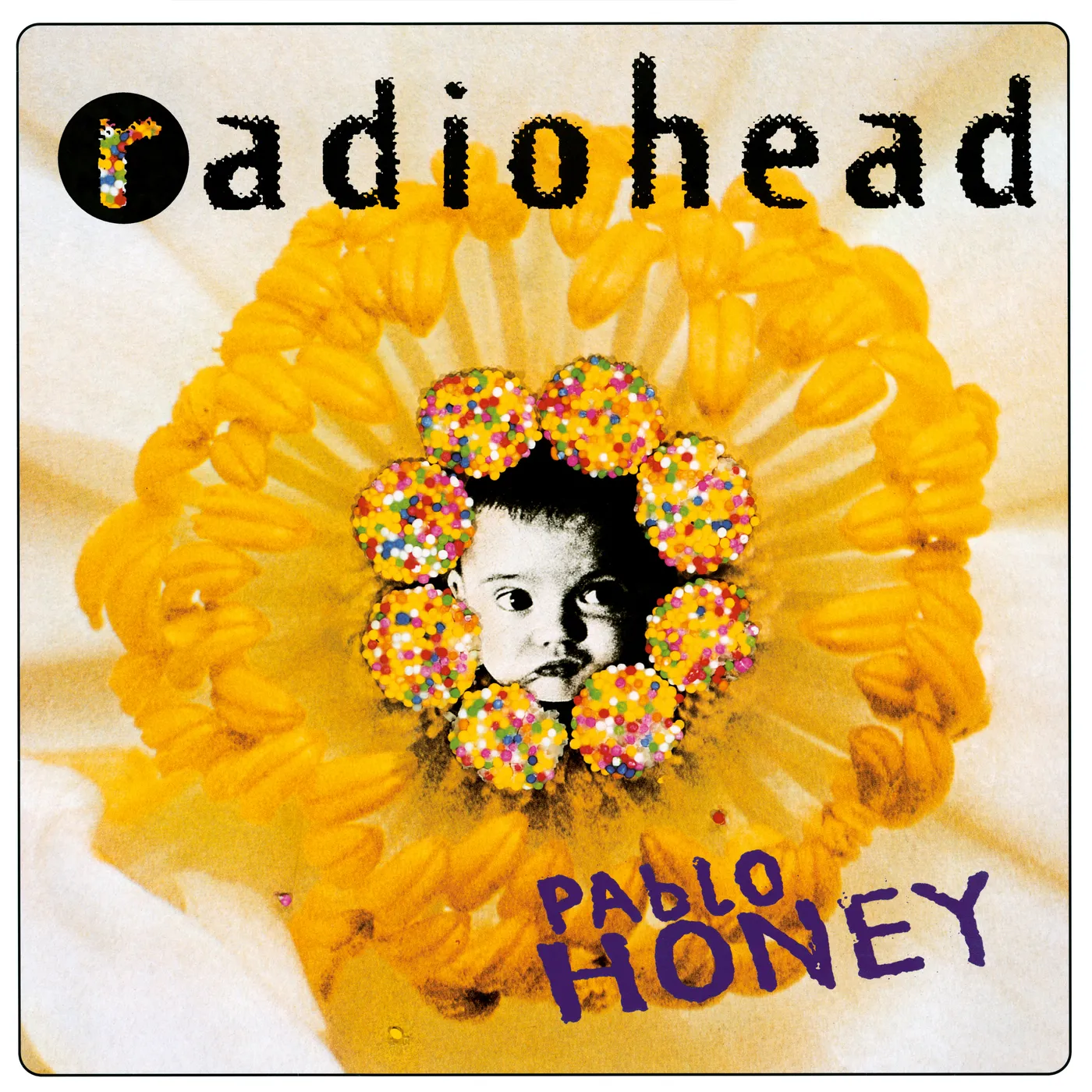Hall of Fame Jigsaw falling into place: looking back on Radiohead’s ‘In Rainbows’
Radiohead’s creative stalemate prompted an album that played a revolutionary card and changed the entire game.
Radiohead announced and released their seventh album ‘In Rainbows’ within the space of ten days. In 2016, we’re used to this lack of a heads up. Records spring up “accidentally” on TIDAL before they’re supposed to. Long-awaited releases are given preliminary dates before having their title, tracklist and very fabric changed - sometimes in public, literally scrawled and scribbled out on a messy piece of paper. We’ve hit the stage where ‘surprise releases’ are a given. Adele looked like a relative rulebreaker in 2015, stocking ‘25’ as a CD in Tesco rather than dropping a surprise download in the deep web.
But back in 2007 ‘In Rainbows’ played a revolutionary card. Every lo-fi bedroom project under the sun has a “pay-what-you-like” price tag on Bandcamp, but Radiohead - the world’s biggest band at the time - were the first to take this route. They changed the game, and the story behind the album itself suggests they had to.
Cast back nine years, and forget for one second the music industry’s dwindling ability to make serious money from records. More than anything, releases were no longer events. By 2007, kids weren’t forced into snatching their parents’ modem connection to try and grab one solitary snippet of a song. Everyone was plugged in, and albums tended to emerge months before they were stocked in HMV. The process of hearing about and listening to an album was fragmented; more than ever.
Looking beyond the dollars and cents of it, they gave music a new platform, a new way of being experienced.
10th October 2007 was different. Radiohead fans had ten days to prepare for what they’d hear, and by the time it landed in everyone’s inboxes in MP3 format, the fidgety pulse of ‘15 Step’ exposed itself. Thousands were listening for the first time, at the same time. Forums were rife with discussion. Diehard superfans and trusty cynics shared a discourse that records in the mid to late-’00s simply didn’t get. This was the closest any record could come to replicating the experience of queueing outside a shop, purchasing a physical copy, and plugging in and living with an album, even for a short while.
It still stands that only the biggest acts in the world can play this hand. Beyoncé took the ‘In Rainbows’ route with her latest self-tilted album, and went further, making the “event” an audiovisual feast, each track backed by its own video. Today, Kanye West, Kendrick Lamar and Rihanna can put out their long-awaited juggernauts whenever they please. Smaller acts opting for the surprise route - take Beach House’s second LP of 2015, ‘Thank Your Lucky Stars’, as an example - struggle to create the same fever. But this is how we listen to records now. Whether it’s a pre-release stream or a sudden upload, the discussion starts from the moment the MP3s reach “Downloads”. Millions tweet about their favourite track before they’ve given the album a full listen. First play reviews creep in hours after release. ‘In Rainbows’ was the first to experience this all-access, all-opinions treatment. Perhaps if it was a stinker, a sense of ‘event’ might have simmered out. But they just happened to make one of their finest - and some would argue, their very best - record.
Radiohead were in a unique, privileged position to shift the parameters. For the first time, they were no longer tied up to a contract with EMI. Deadlines were a thing of the past. Nobody was forcing them to make another record, full stop. Truthfully, Thom Yorke and co. had all the hallmarks of a band ready to settle down, or in layman’s terms, fade into comfortable, meaningless ‘that’ll do’ territory. The regrettably rushed sessions of 2003’s ‘Hail to the Thief’ led to a hiatus. Every member had time to focus on their kids, a family life and an existence outside of music. For a band who make every recording experience an almighty slog, they must have been tempted to call it quits; particularly when early sessions with producer Mark “Spike” Stent resulted in disappointing versions of songs that were less unfinished, more stagnated.
Right now, it’ll take something remarkable to make “surprise releases” surprising again
It took the band’s go-to producer and so-called sixth member Nigel Godrich to kick them up the arse. Sessions with Stent were their first without Godrich for over a decade, and their desire for change proved fruitless. Godrich reintroduced deadlines, for one. He also hand-picked strange locations to kickstart ‘In Rainbows’’ recording sessions. They housed themselves at Tottenham House in October 2006, a wasteful, abandoned mansion that needed almost as many repairs as Radiohead itself. Windows were smashed, ceiling were falling in, and flu-ridden band members slept in caravans. Out burst ‘Bodysnatchers’; a frenzied and revived shock to the system, and the most ‘The Bends’-like Radiohead song since 1995.
These intentionally uncomfortable sessions - coupled with an impromptu 2006 tour, where they road tested half-finished ideas - helped in revitalising Radiohead. “It was an opportunity to reconnect. Most people are not really friends with the people they went to school with by this point in their lives, you know? But they have a particular kind of chemistry,” Godrich told Rolling Stone. They found themselves writing smooth and - whisper it - sensual songs like the loved-up ‘House of Cards’. They wrote the unflinchingly beautiful ‘Weird Fishes - Arpeggi’. They invited children’s choirs to cheer for a fragment of ‘15 Step’. They were happy. Ignoring the release strategy, for some reason the lack of a record deal made them fearless in creating music that didn’t necessarily have to reinvent. ‘Kid A’’s remarkable turn in 2000 gave the band new expectations. ‘Hail to the Thief’ was another unexpected feat, a reimagining of ‘OK Computer’’s paranoia, coupled with a knee jerk political pulse. ‘In Rainbows’ was none of these things, but it also avoided reinventing just for the sake of it. Despite the initial roadblocks, by the end, anything Radiohead touched around this time turned to gold. Take 1995 offcut ‘Nude’ as an example. Given a twisted arrangements and Jonny Greenwood-composed strings, it became their new calling card.
The band were in a new bloom, and by the time ‘In Rainbows’ reached completion, they were ready to set the agenda again. It happened at the right time. Not every giant band gets it right. U2 remain awful pricks for invading iTunes libraries with ‘Songs of Innocence’. Right now, it’ll take something remarkable to make “surprise releases” surprising again. Radiohead gave people a choice. Pay what you like, listen, or don’t bother. Plenty have accused the freebie route of ‘In Rainbows’ as a pivotal moment in devaluing music. But looking beyond the dollars and cents of it, they gave music a new platform, a new way of being experienced. You can’t put a price on that.
For all the rest of DIY’s Hall of Fame coverage, head here.
Read More
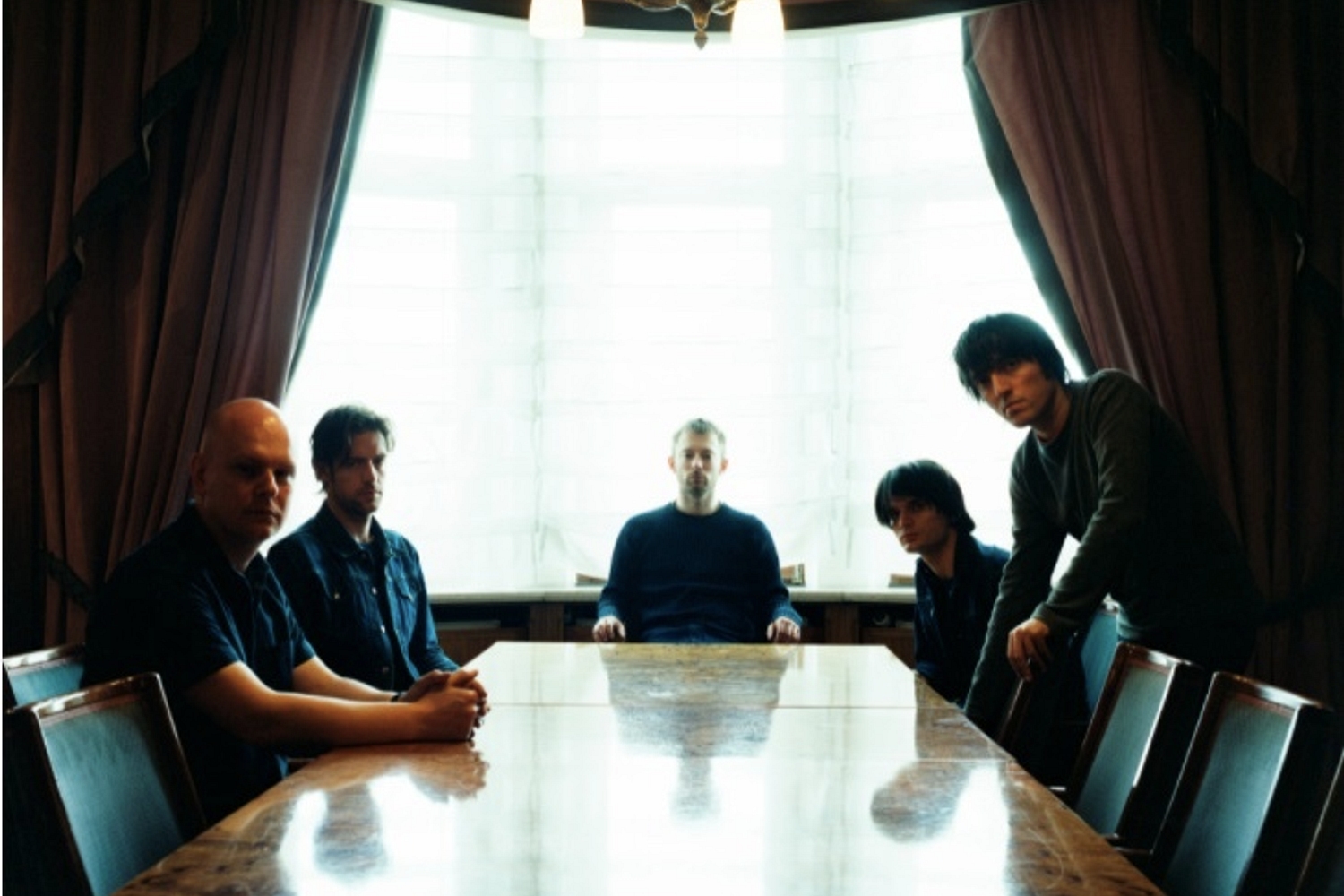
Radiohead air previously unreleased song ‘Follow Me Around’
Taken from their upcoming 'KID A MNESIA' release.
1st November 2021, 12:00am

Radiohead reveal ‘If You Say The Word’ video
The track is taken from the upcoming 'KID A MNESIA' collection.
23rd September 2021, 12:00am

Looks like Radiohead are up to something…
They've shared a cryptic post with 'Kid A' and 'Amnesiac' albums.
7th September 2021, 12:00am

Radiohead confirm ‘KID A MNESIA’ collection
The triple-album collection will feature a third album of previously unreleased material.
7th September 2021, 12:00am
With Bob Vylan, St Vincent, girl in red, Lizzy McAlpine and more.
